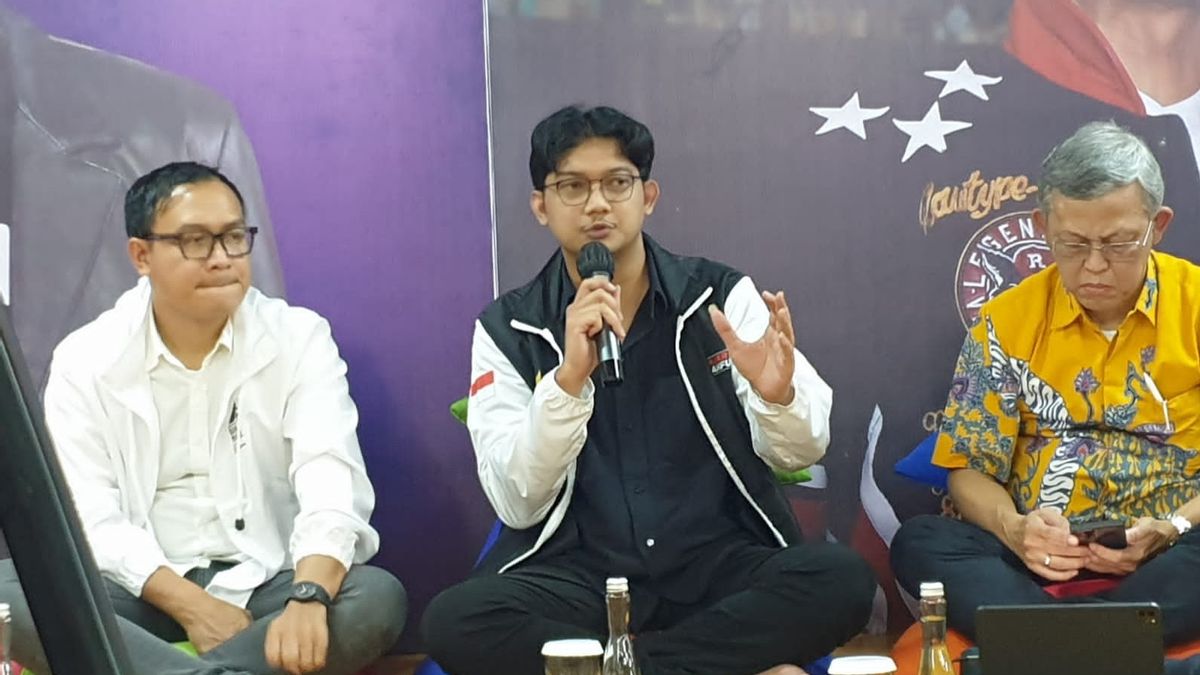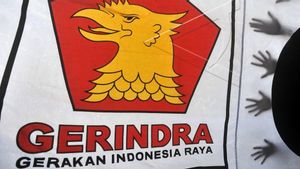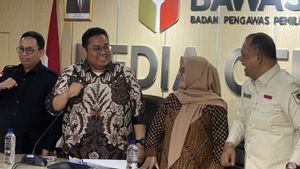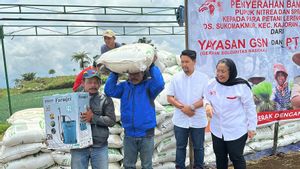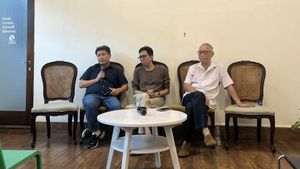JAKARTA - Spokesperson for the Ganjar-Mahfud National Winning Team (TPN), Gifari Shadad, said that the Food Estate program initiated by Jokowi was a forced program without scientific studies.
"Regarding this failed food estate, I actually think this is a forced-forced program that does not exist and precedes scientific studies," said Gifari at the TPN Secretariat Ganjar-Mahfud in Menteng, Central Jakarta, Tuesday 19 December.
Gifari explained, before working on a food estate or Food Barn, the government should have conducted 4 scientific studies that include soil sedimentation, irrigation infrastructure, the use of seed technology and socio-economic impacts.
The sedimentation is under the sand, if oxidized according to Gifari, it will become a pollutant so that it pollutes the soil.
"Whatever is planted in the sandy coating area, it will not produce well and will also be damaged. Like now, many cassava trees are small and even fail, it is the result of the absence of scientific studies," he explained.
Because according to him, those who understand more about sedimentation are the local community or local farmers.
Gifari also regretted the construction of 600 hectares of forest land in Gunung Mas Kalimantan for a food estate project that failed and had a negative impact on the environment and the surrounding community.
The second highlight is irrigation infrastructure, in the form of a water channel that needs to be considered. Because if irrigation infrastructure is inadequate or inadequate, it will have an impact on plant growth.
Lastly is the socio-economic impact. Gifari assesses that to acquire such a large land for the food estate project, it is also necessary to consider the socio-economic impact.
"The social economy there is whether the people there are disturbed by this food estate, how will the land they will later farm do not exist, it will affect the socio-economic," said Gifari.
SEE ALSO:
When asked about the continuation of the food estate if Ganjar was elected in the presidential election, TPN emphasized the need for evaluation.
"If it continues or not, I think Pak Ganjar will re-evaluate, because what is more important is the farmer himself," he said, asserting Ganjar would be more in favor of the community and farmers.
The English, Chinese, Japanese, Arabic, and French versions are automatically generated by the AI. So there may still be inaccuracies in translating, please always see Indonesian as our main language. (system supported by DigitalSiber.id)
